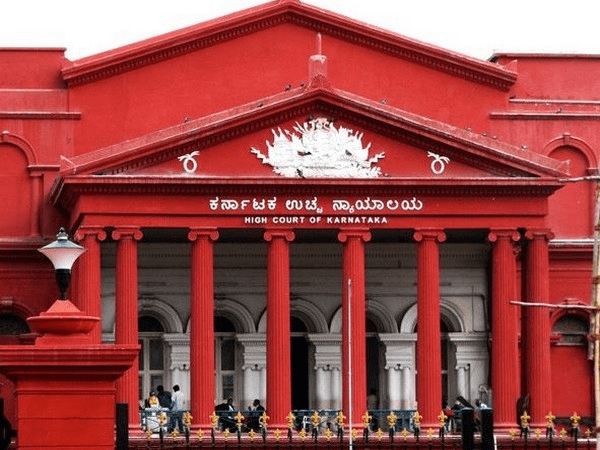The Karnataka High Court, while noting that the main allegations of forgery and cheating were against the lawyer and not his son or wife , granted anticipatory bail to the wife and son of the lawyer accused of sending fake orders to client.
The petition is filed by the petitioners under Section 438 of Cr.P.C. seeking anticipatory bail in the event of their arrest in Crime of Vidhana Soudha Police Station, Bengaluru for the offences punishable under Sections 420, 465, 468 of IPC.
Facts of the Case is that the complainant had filed a Petition in the High Court. She has engaged accused No.1 (Lawyer) to prosecute both the cases and in this regard she has paid a sum of Rs.10,00,000/- to accused No.1 and petitioners by way of Demand Draft, Cash and Cheques.
It is further alleged that accused No.1 had sent Court orders by Whats App message bearing the seal of the High Court as well as signature of the Registrar. When the complainant had checked the same in the High Court website, it was found that the orders were not there. Then when she enquired with accused No.1, it is asserted that due to Corona, certain orders were not uploaded. However, the complainant then suspected that they appeared to be fake orders and she approached accused No.1. But accused No.1 on the contrary abused her in filthy language and then she asked accused No.1 to return her case’s files as well as the amount of Rs.10,00,000/- received by her. But accused No.1 did not refund the said amount. Hence the complainant filed a complaint in July 2022 before the concerned jurisdictional police and crime came to be registered.
Having heard the arguments and perusing the records, a Single Bench of Justice Rajendra Badamikar noted that though it is alleged that amount was paid to the present petitioners (wife and son of the lawyer) also, but prima-facie no material evidence is placed to show that the petitioners have received any amount from the complainant. Further the present petitioners are not legal practitioners. The allegation does disclose to the Court that it is only accused No.1 who has forged the Court’s orders and sent through Whatsapp to the complainant.
Though there is allegation in the complaint that the amount is also paid to the present petitioners also, but prosecution has not produced any scrap of paper to show that any amount was deposited to the account of the present petitioners. Petitioner No.2 is the woman and petitioner No.3 is the student. Petitioner No.2 falls under exception. The offences alleged are not exclusively punishable with death or life imprisonment, and are triable by the learned Magistrate. Further the main allegation regarding forgery and cheating is against accused No.1 , the Bench further noted.
Hence, the High Court allowed the petition by imposing certain stringent conditions.


